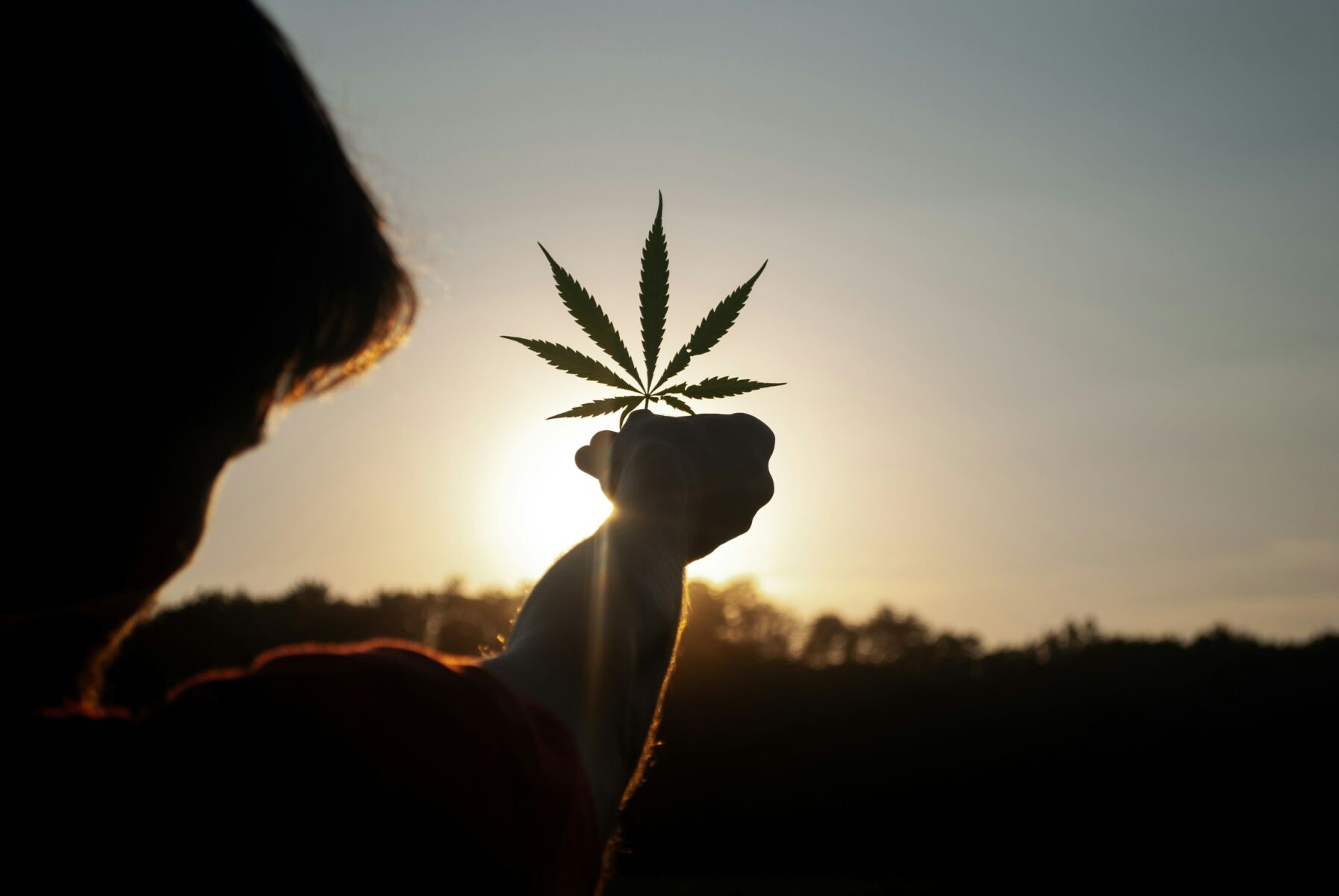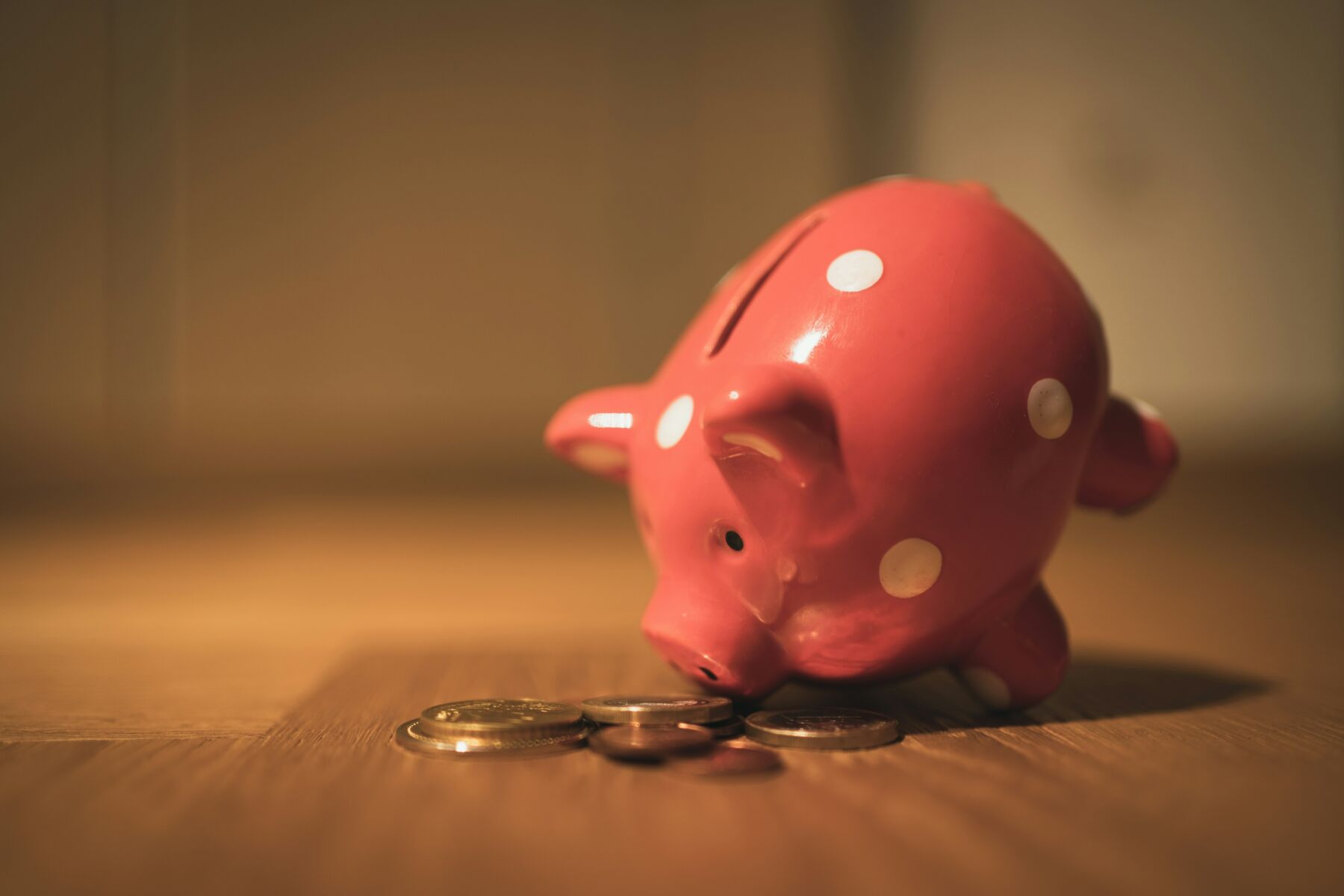The pros and cons of cannabis legalisation in Thailand

Asia’s approach to drug enforcement has often been painted with a broad brush, characterised by rigid penalties and a no-tolerance policy. From ‘hard’ drugs like heroin to substances like cannabis, the continent has maintained an unwavering war against illicit substances.
Thailand’s cannabis laws are no exception. For years, whether for locals or foreigners, the use of cannabis was an offence punishable by law, often resulting in harsh sentences. This stern stance on cannabis remained unchanged for decades, until recent moves towards decriminalisation stirred controversy.
Leaks in the iron shield began to emerge in 2018, when authorities in Thailand started to reassess their stance on cannabis. They began considering a less punitive approach, a trend echoed across the globe. This shift is a drastic change from the past, when anti-drug campaigns were the norm, and substance abuse was met with swift justice rather than aid.

Despite Thailand’s recent move towards cannabis legalisation, critics argue it may lead to increased substance abuse and social problems. On the other hand, advocates suggest it could boost economic growth and bring potential health benefits. It is indeed a tricky situation – whether the legalisation is a progressive step forward or a slippery slope into societal issues remains to be seen.
While the world waits for the dust to settle, the question lingers – Is it legal to smoke cannabis in Thailand? It seems the Asian country has strayed from its previous path, but what this deviation means for Thailand, only time will tell.
Cannabis, previously regarded with a stern view by Thailand’s stringent drug enforcement regulations, underwent a significant shift in legal perception. Legalising cannabis, long considered a taboo in the conservative nation, came to fruition following comprehensive and lengthy debates.
When did Thailand first legalize cannabis?
Breaking through the unfavourable stigma surrounding the plant, the intricate business of legalising cannabis began in 2018. On 25 December that year, Thailand set itself apart as the first Asian nation to decriminalise cannabis for medical purposes. Crafting an unusual path for a country with severe narcotics regulations, the government viewed it not as a threat but saw burgeoning financial opportunities. Thailand’s agricultural expertise, coupled with a burgeoning international cannabis market, offered a promising future outlook.
Cannabis for medical purposes
The main beneficiary on the medical front has been the healthcare industry. The law change favoured the medicinal use of cannabis, sparking a revolution in Thailand’s healthcare sector. While the road towards complete legalisation might still be a long journey, it’s undeniably a significant first step. It’s allowed patients to access treatments that were formally hindered by the drug’s illegality. Now, doctors can prescribe medications containing cannabis for conditions ranging from epilepsy to cancer-induced nausea. The move opened new doors for treatment and scientific research, a step that would have been unthinkable merely a decade ago.

Cannabis’s application in the healthcare industry has broadened since 2018.
The recreational use of cannabis
Touching on the sphere of recreational use, it’s crucial to note that despite the law change, it’s not legal to smoke cannabis freely in Thailand, including for foreigners. The grey area of cannabis usage, therefore, sternly remains. Although medical usage has found a space within the legal framework, recreational usage hasn’t quite found its footing. The law hasn’t relaxed to the point of permitting free consumption, reflecting a carefully measured approach to decriminalisation. The inference here is towards a future that might lean more towards accepting recreational use, but for now, the narrative remains focused on medicinal usage and economic boon.
Pros of legalizing cannabis in Thailand
While the focus is currently on medical usage and economic growth, there are numerous potential benefits to legalising cannabis in Thailand. Many ask “Is it legal to smoke cannabis in Thailand?, and you will find that currently, cannabis can be used for recreational purposes at the moment. However, with the Cannabis-Hemp Act, that possibility might decrease any time soon. regardless there are certain benefits that cannabis has brought to Thailand at the current moment.

A Boost in the economy
The economic upsides of decriminalisation are noticeable. This controversial plant holds promise in transforming the financial status of many Asian countries. Thailand’s move to permit medical cannabis usage, a first among Asian nations, presented a plethora of new economic opportunities. The global cannabis market is projected to reach USD 73.6 billion by 2027 according to Grand View Research. By positioning itself early on, Thailand could gain a foothold in this rapidly expanding industry.
The move has not only generated much-needed jobs in the agriculture and healthcare sectors but also encouraged robust R&D activities. Local farmers are being trained to cultivate the crop effectively and responsibly. This step has propelled the agricultural sector, leading to increased employment and wage opportunities.
Decrease in crimes
There is concrete evidence suggesting a correlation between cannabis legalisation and a reduction in drug-related crimes. By embracing a more indulgent approach to cannabis, Thailand has lessened the burden on its law enforcement agencies, freeing up resources to tackle more severe forms of criminal activity.
The decriminalisation has also opened doors for those previously penalised for cannabis offences. Many who were once marked as criminals for the mere possession of this plant now have opportunities for legitimate involvement in the cannabis market. This shift has effectively reduced stigma and promoted a new perspective towards the cannabis plant, and its potential uses beyond recreating.
At the same time, just like Thai citizens, foreigners can use cannabis as well and will be penalised for misuse similarly in practice. The reality of the situation is that most of the time the authorities would not care unless you stir up trouble more often than not.
Overall, the move to legalise cannabis for medicinal use in Thailand carries significant weight and lays the groundwork for potential full-scale legalisation in the future. Unquestionably this move places Thailand ahead of other Asian nations in developing its own cannabis market.
Cons of legalizing cannabis in Thailand
While Thailand has undeniably reaped many benefits from decriminalising cannabis, especially for medical use, there are also several potential drawbacks associated with this move.

Increase in addiction and abuse
One of the main concerns linked to legalising cannabis in Thailand is the potential for increased abuse. With the plant’s medicinal usage currently a legitimate pursuit, it’s possible that it may open a gateway to recreational use, irrespective of the existing legal restrictions.
Regulating cannabis use is a challenge that many legalised countries, such as Canada and the Netherlands, continue to grapple with. It’s an issue tied to the substance’s addictive properties. Specifically, the primary concern is that cannabis’s addictive nature could lead to extensive recreational use, consequently resulting in drug abuse.
Access to cannabis may give people, both local Thais and foreigners alike, the wrong impression that it’s perfectly fine to smoke cannabis freely. They might misinterpret the legalisation of cannabis, leading to potential misuse. It’s important to note that even with decriminalisation, smoking cannabis in Thailand is not wholly legal, especially from a recreational perspective.
Furthermore, broad societal acceptance could encourage underage use, given the relative ease of access to the substance. Such actions could result in damaging consequences, including long-term health issues and addiction to stronger narcotics.
In the table below we examine some statistics showing the repercussions in countries where cannabis has been legalized:
| Country | Year of Legalisation | Increase in Usage (%) |
|---|---|---|
| Canada | 2018 | 19 |
| Netherlands | 1976 | 22 |
| Portugal | 2001 | 15 |
While it’s not a direct comparison, it highlights the need for Thailand to tread carefully, to ensure that cannabis legalisation doesn’t inadvertently spiral into a national health crisis. It’s essential that as they move forward with their policies, they continue to focus on public education about cannabis, stressing safe use and the potential risks associated with misuse.
The impact on Thai society
As the battle for decriminalisation rages on, it’s essential to take a long hard look at the possible repercussions on Thai society. The shift from illegal drugs to prescription treatment isn’t easy for everyone to swallow. So, what might this all spell out for the average Thai citizen?
Initially, one might ponder the question: is it legal to smoke cannabis in Thailand? As of now, the answer is yes. However, with the present movement with the Cannabis-Hemp Act, this rule may change for medical and research use. Any alterations to the legal status of cannabis will undoubtedly shape societal norms, expectations, and traditions.
A primary concern is the likelihood of increased addiction and abuse. Legalising medical cannabis could unintentionally open the gates to recreational consumption. As seen in other nations, maintaining control over cannabis usage can be a daunting task – it’s, after all, a habit-forming substance.
Another worry making the rounds is the risk of underage use. Like any other societal change, the move towards legalising cannabis could inadvertently influence the younger population. With this broad acceptance and easy access could come underage usage, a matter that many fear may ultimately culminate in long-term health consequences.
In countries where marijuana has been legalised, underage usage has seen an alarming upsurge. By taking cues from these nations, Thailand will need to proceed with caution and concentrate on public education, imparting knowledge about safe practices and potential hazards.
Thus, the prospect of cannabis legalisation brings with it a host of societal implications. While the potential benefits cannot be ignored, it’s crucial that Thailand duly considers all potential drawbacks before making the shift.
The legal ambiguity associated with Thailand
Navigating the legalisation of cannabis in Thailand isn’t a straightforward journey. It’s a complex issue, with societal norms, the potential for abuse and underage use posing significant challenges. The need for public education and the potential impact on tourism are also critical factors to consider. The country must tread carefully, ensuring that the potential pitfalls aren’t overlooked while exploring the benefits. Legalising cannabis isn’t just about changing the law; it’s about changing perceptions and managing potential risks. Thailand’s journey towards cannabis legalisation is a delicate balancing act, one that requires careful thought and planning.
Latest Thailand News
Follow The Thaiger on Google News:


























